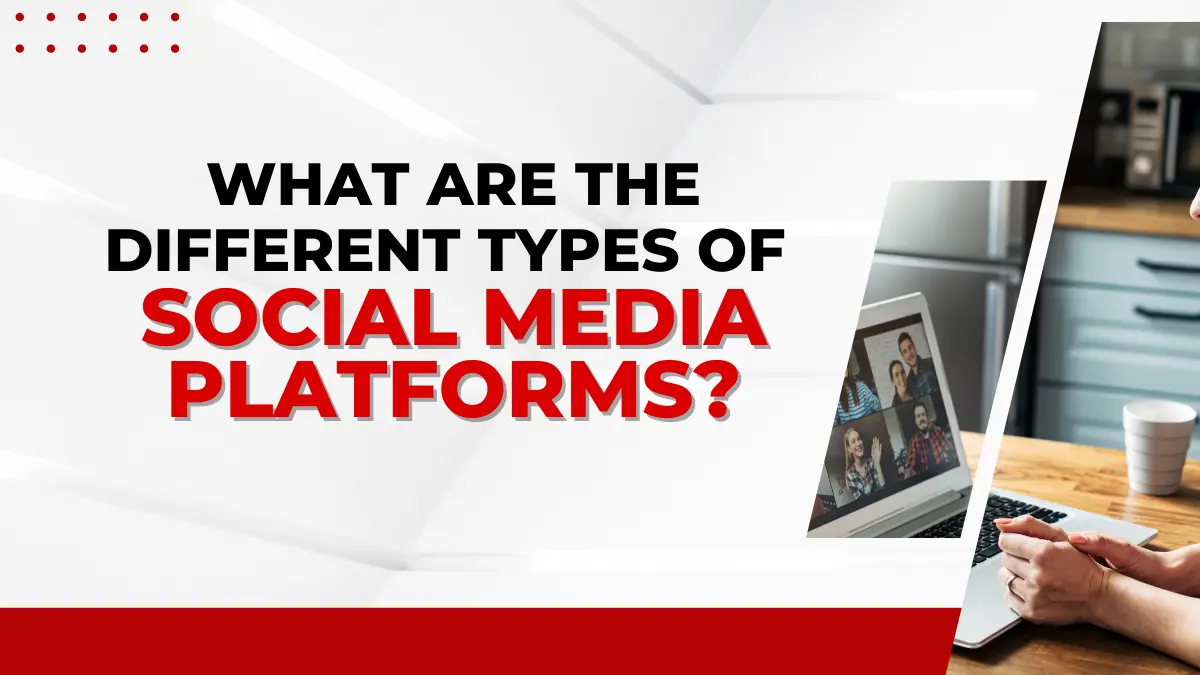
5 Types of Social Media Platforms
Table of Contents:
#1. Bookmarking & Curation Networks
These types of social media platforms let you save links or images for later use. If you see an article that looks interesting on Pinterest or Flipboard, you can save it for later. Bookmarking allows you to read it at a later time.
Readers who follow your account on these sites can see what you’re reading. They don’t have to go through your social media feeds themselves!
Flipboard provides another way for users to curate content based on their interests. The app gathers stories over the web into a single feed that looks like a magazine cover story.
#2. Consumer Review Networks
These are the sites where you can post reviews on products and services. They can read other people’s opinions on what they’ve experienced. Consumer review networks allow users to rate their experiences with products and services.
Consumer review networks are helpful. You can get feedback on a product or service. Examples of these types of social media platforms are TripAdvisor, Yelp, and Zomato.
#3. Discussion Forums
These are platforms designed for discussion and interaction. Examples of these websites are Digg, Reddit, and Quora. They allow users to share links or exciting articles they’ve found on the web. They can also ask questions and take part in thread conversations.
Use these types of social media platforms to promote without appearing spammy. You can also use them to find new information and research.
#4. Media Sharing Networks
Media-sharing networks allow users to share photos or videos with a specific audience. Users create an account on these sites and post photos or videos others can view. Examples of these websites are Instagram, Snapchat, Tiktok, and Youtube. These types of social media platforms have exploded in popularity due to ease of use and visual appeal.
#5. Social Networks
Social networks are websites that allow users to connect by sharing info and photos. Users create profiles that list their data and interests. They allow you to connect with friends and family.
Businesses can also interact with customers by posting content and engaging comments. They can do this on their company page, customer posts, or industry groups. Examples of these websites are Facebook, LinkedIn, and Twitter.
Conclusion
Social media platforms vary quite a bit. What you choose will depend on several factors, like whether you want to share multimedia content or not and how other people are using the platform. It’s best to determine if you need all those options before deciding which platform is right for you.
Don’t Know What To Post On These Social Media Platforms?
Check out my blog 121 Social Media Post Ideas – Never Get Writer’s Block Again! It shares a long list of social media post ideas. If you are short on time or want a quick reference, I have something for you. A cheat sheet!
